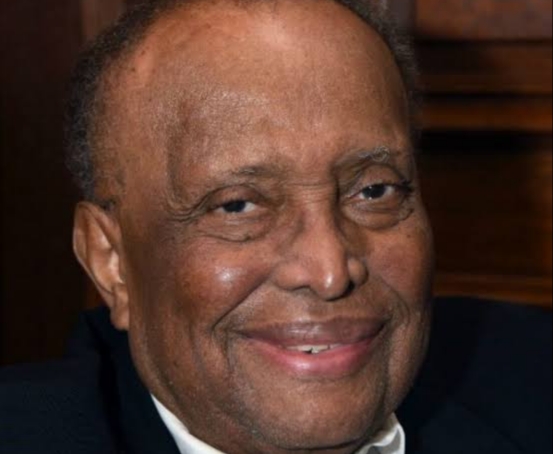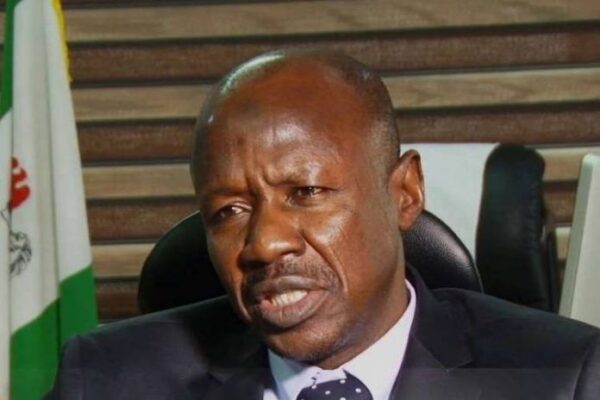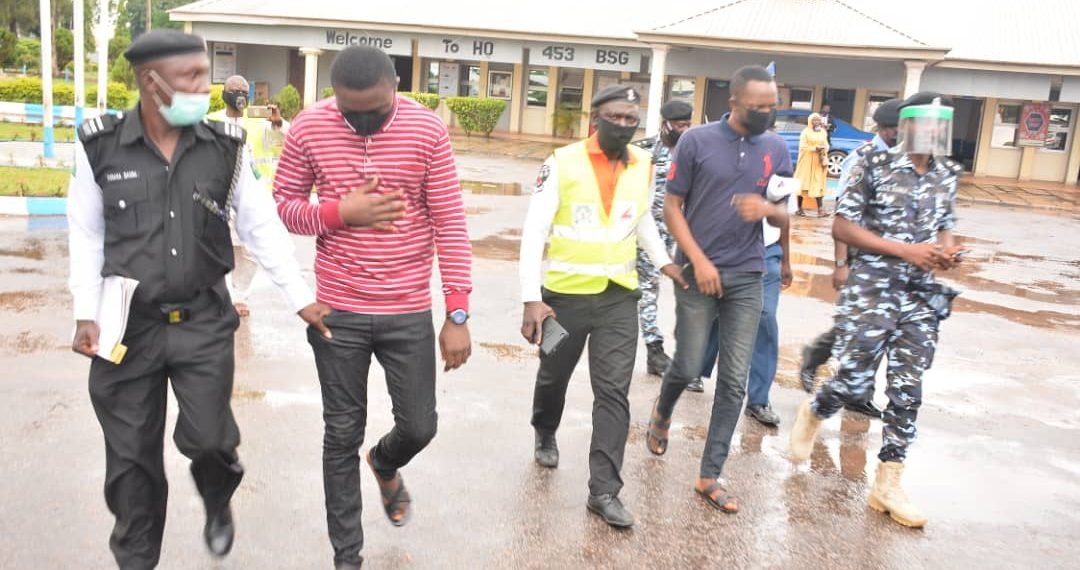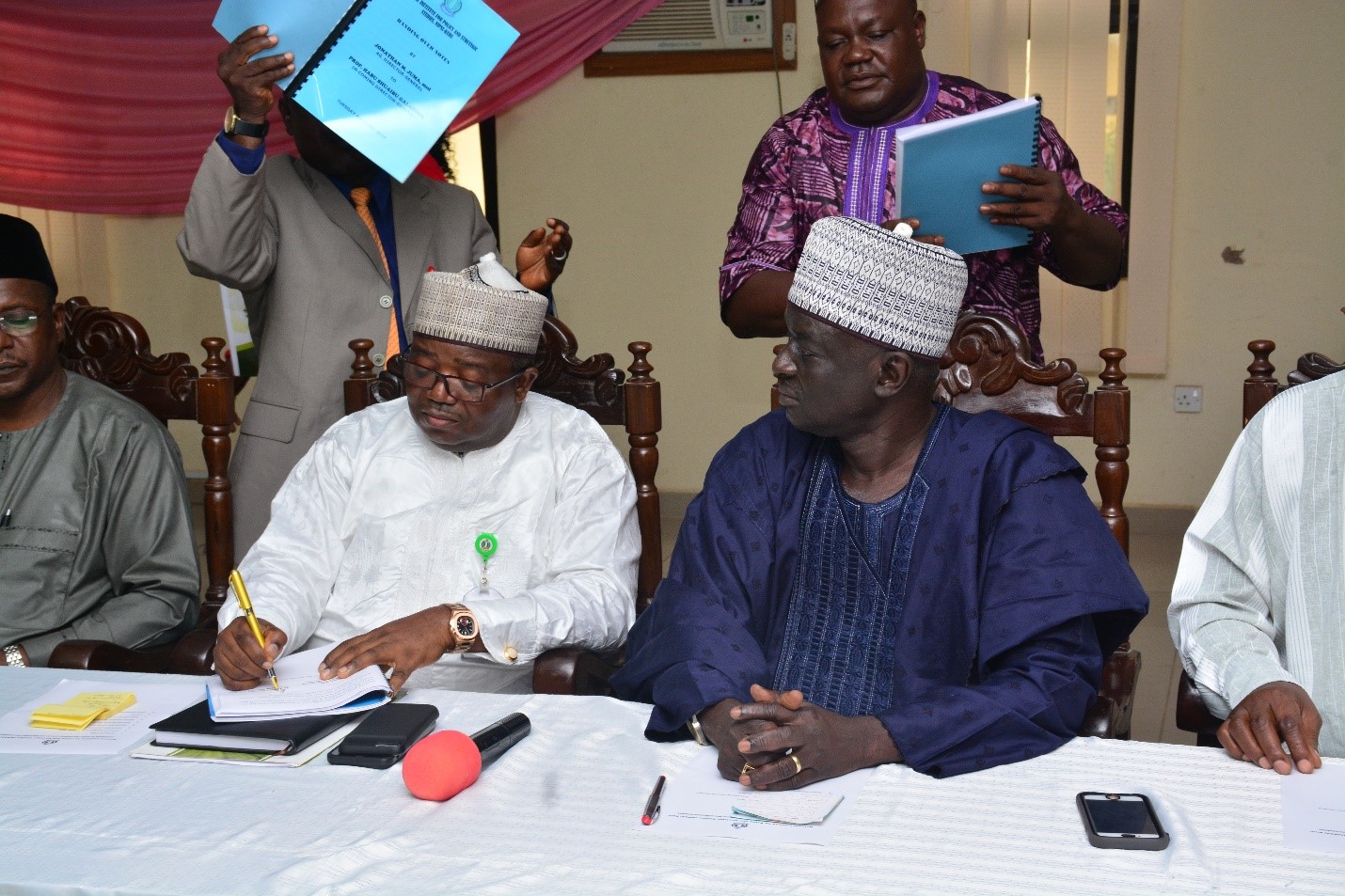Walter Carrington, a former United States ambassador to Nigeria, is dead.
According to PUNCH, Arese Carrington, wife of the deceased, confirmed his death in an email.
“It is with a heavy and broken heart but with gratitude to God for his life of selfless humanity that I announce the passing of my beloved husband Walter Carrington, former U.S. Ambassador to Nigeria and Senegal,” the email read.
“He passed away peacefully, surrounded by loved ones at the age of 90 years old on Tuesday, August 11th, 2020. Further announcements will be made shortly.
Advertisement
“Walter was a loving husband, father, grandfather, cousin, uncle, friend and in-law. Ralph Waldo Emerson said…It is not the length of life but the depth of life. Walter was fortunate, his life had both length and depth.”
President Bill Clinton appointed him US Ambassador to Nigeria in 1993 and he arrived in Lagos a few months after the annulment of the June 12 election.
He criticised the regime of Sani Abacha, the late military dictator, and campaigned vigorously for a return to democracy in Nigeria.
Advertisement
Although his tenure ended in 1997, Carrington showed interest in the affairs of Nigeria till his last days on earth.
Married to a woman with a Nigerian heritage, the retired diplomat was a civil rights activist during his university days at Harvard University.
He was the first student elected to the National Board of Directors of the NAACP (National Association for the Advancement of Colored People).
A graduate of Harvard College (1952) and Harvard Law School (1955), Carrington practiced law in Massachusetts and served on the three-member Massachusetts Commission Against Discrimination becoming, at the age of 27, the youngest person to be appointed a commissioner in the state’s history.
Advertisement
While there he was in charge of the case which led to the Boston Red Sox, the last remaining all white Major League Baseball Team, hiring their first black player.
He returned to Africa in 1961 as one of the first overseas Directors of the Peace Corps. In 1967 he had the responsibility of evacuating the young Americans as Biafran troops were advancing towards Benin.
Add a comment






